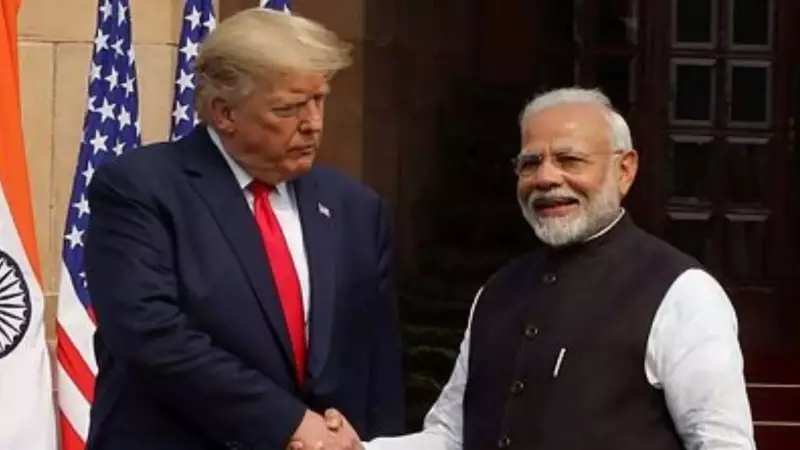
In a bold move that underscores its strategic autonomy, India continues to navigate the complex waters of global geopolitics by maintaining its crucial oil imports from Russia, despite increasing pressure from Washington. This calculated decision reflects New Delhi's commitment to prioritizing its national energy security and economic interests above external political demands.
The Economic Imperative Behind India's Stance
India's persistence in purchasing Russian oil stems from compelling economic realities. The substantial discounts offered by Russian suppliers, particularly Rosneft and Lukoil, provide significant relief to India's import bill at a time when global energy prices remain volatile. For a nation that imports over 85% of its crude oil requirements, these cost savings translate directly into economic stability and reduced inflationary pressures.
The numbers speak for themselves: Russian crude often comes at a discount of $15-20 per barrel compared to international benchmarks. Given India's massive consumption patterns, these savings amount to billions of dollars annually, funds that can be redirected toward critical development projects and social welfare schemes.
Navigating the Sanctions Maze
While the United States has intensified its sanctions regime against Russian energy exports through mechanisms like the Countering America's Adversaries Through Sanctions Act (CAATSA), India has skillfully employed several strategies to continue these essential transactions:
- Currency Diversification: Increasing use of local currencies, including rupees and dirhams, to bypass dollar-dominated payment systems
- Third-country Routing: Utilizing intermediary nations and shadow fleets to maintain supply chains
- Strategic Timing: Capitalizing on price caps and sanction loopholes to maximize economic benefits
The Geopolitical Balancing Act
India's position represents a sophisticated balancing act in international relations. While maintaining strong strategic ties with the United States through partnerships like the Quad, New Delhi has simultaneously preserved its historic relationship with Moscow. This multi-alignment approach allows India to safeguard its core national interests while engaging with competing global powers.
As one energy analyst noted, "India cannot afford to let geopolitical tensions dictate its energy procurement strategy. The primary responsibility of any government is to ensure energy security for its citizens and industries, and that's precisely what New Delhi is doing."
Future Prospects and Challenges
The road ahead presents both opportunities and challenges. While the current arrangement benefits India economically, sustained pressure from Western allies could eventually strain diplomatic relations. However, most experts believe that Washington understands India's strategic importance in countering Chinese influence in the Indo-Pacific, which provides New Delhi with significant diplomatic leverage.
Looking forward, India is likely to continue this pragmatic approach, diversifying its energy sources while maximizing economic advantages where available. The country's growing refining capacity also positions it as a potential re-export hub for Russian petroleum products, creating additional economic opportunities while navigating the complex sanctions landscape.





